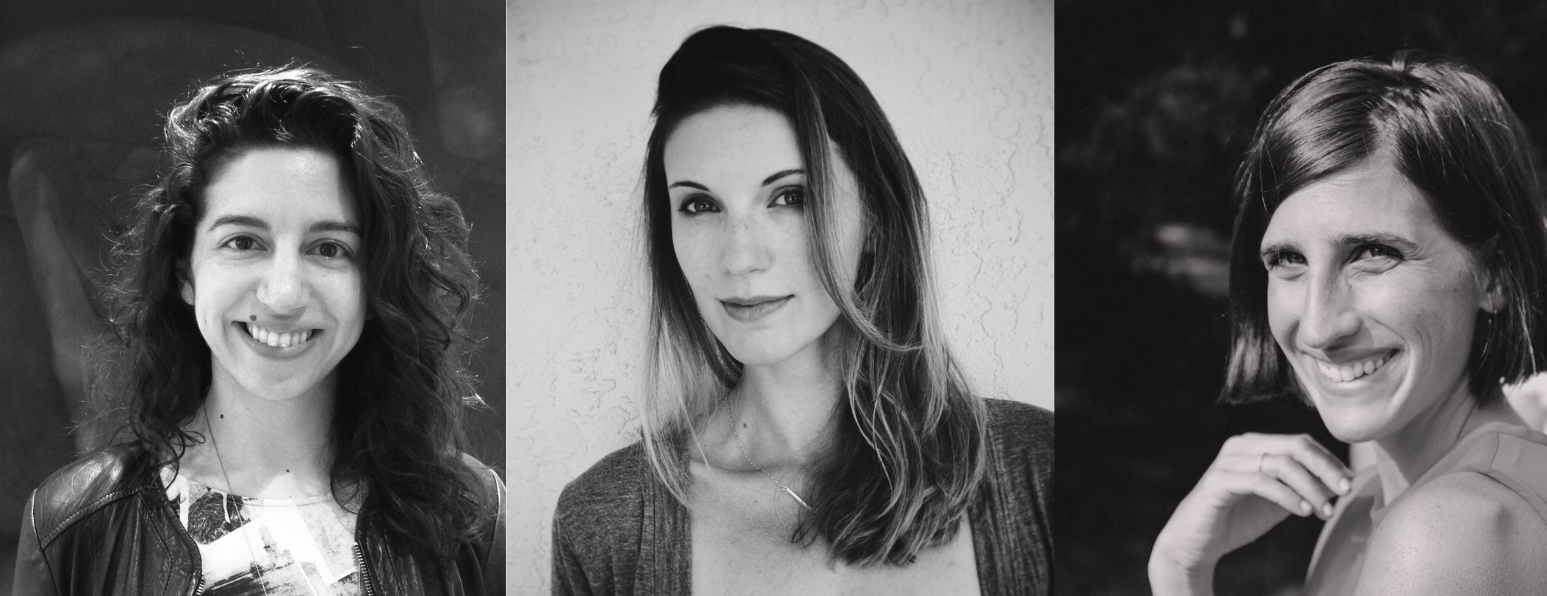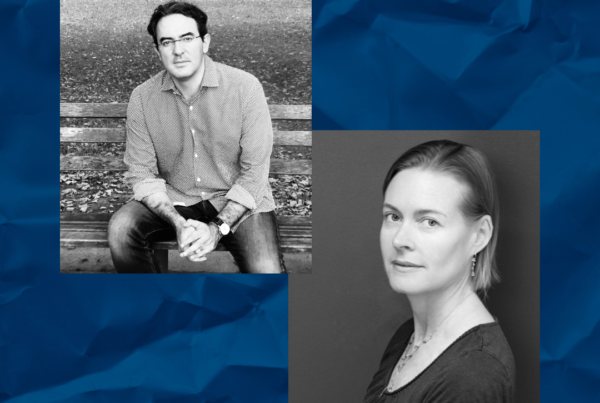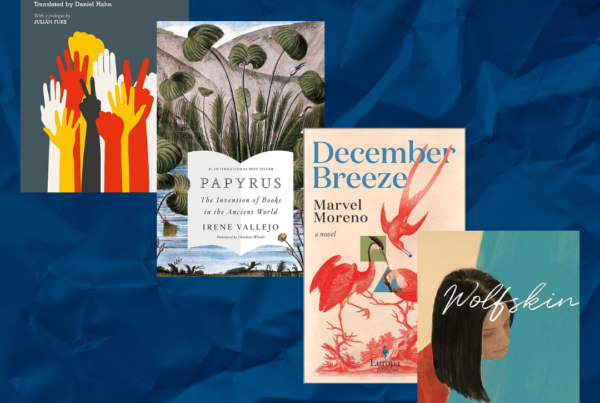JUDGING TEXTS IN TRANSLATION
The Reading Committee for the 2022 Queen Sofía Spanish Institute Translation Prize consists of three scholars and translators who have a keen eye for talent. Sophie Hughes, Heather Cleary, and Isabel Gómez (Committee Chair) share their thoughts on the books they selected for the 2022 Shortlist.
The 2022 Translation Prize Ceremony will take place on November 29th at Instituto Cervantes New York
Sophie Hughes
Sophie Hughes is a British translator of Spanish-language writers such as Alia Trabucco Zerán, Fernanda Melchor, Brenda Navarro, José Revueltas and Enrique Vila-Matas. She is the recipient of grants from PEN/Heim in the US, and the Arts Council and Arts Foundation in the UK. Sophie has been nominated three times for the International Booker Prize, as well as for the Dublin Literary Award, the Valle Inclán Translation Prize, the National Book Award in Translation, the PEN Translation Prize, and the National Translation Award in Prose. Sophie has worked with the Stephen Spender Trust promoting translation in schools and also teaches and mentors undergraduate and emerging translators. She is the co-editor of the anthology Europa28: Writing by Women on the Future of Europe.
- The Divorce by Cesar Aira translated by Chris Andrews
Most of The Divorce takes place in a café over the space of an afternoon. But puckish Aira takes us on an expansive imaginative journey far beyond the confines of this ostensible narrative setup. Aira is a master yarn spinner, surprising, satisfying and challenging the reader in equal measure. We have Chris Andrews, a master in his own right, to thank for the aesthetic journey – he writes Aira’s sprawling sentences in extraordinarily elegant and well-controlled English. They are a perfect match.
- Jaguars’ Tomb by Angélica Gorodischer translated by Amalia Gladhart
Jaguars’ Tomb, ‘a novel in three linked parts’, arrests and absorbs like a triptych. Its three seemingly disparate parts are hinged together by the themes of disappearances and abductions, but are also compelling novellas in their own right. This exhilarating formal design plays a vital emotional function, helping Angélica Gorodischer speak to the military dictatorship of 1976-83 ‘obliquely’ – as she wished to – and also – as we judges found – with immense wisdom. Grief, longing, becoming, sexual passion, and writing are just some of the human conditions and conflicts on which Gorodischer focuses her penetrating gaze, simultaneously revealing so much about the ongoing cost of that national tragedy. Amalia Gladhart’s translation is a hugely impressive act of sustained attention. She lends her ear and voice to a set of diverse yet essentially connected voices, and her versatility is evident on every page: from the powerful biting dialogue between a resentful couple, to her elegiac English rendition of Gorodischer’s description of a woman falling asleep: ‘count words, let herself be, minimal chasm, scarcely buried, immobile’. Gladhart is always attentive to the tropes and other instances of meaningful repetition that Gorodischer lays for the reader like little pebbles in the woods, leading them back to the many truths – moral, political and emotional – contained in this powerful novel.
Heather Cleary
Heather Cleary’s translations of prose and poetry have been recognized by the National Book Foundation, PEN America, and the Best Translated Book Award, among others. Her first book, The Translator’s Visibility: Scenes from Contemporary Latin American Fiction (Bloomsbury 2021), explores the challenge that fictional translators pose to the concepts of originality and intellectual property. She has served on the jury of the National Book Award for Translation, the BTBA, and the PEN Translation Award; she is also a founding member of the translation collective Cedilla & Co. and was a founding editor of the digital, bilingual Buenos Aires Review. She holds a PhD in Latin American and Iberian Cultures from Columbia University and teaches at Sarah Lawrence College.
- Elena Knows by Claudia Piñeiro translated by Frances Riddle
In the wake of her daughter’s mysterious death, Elena struggles with advanced Parkinson’s as she desperately searches for information about the case. Piñeiro’s novel shines for the complexity of Elena’s relationship with the daughter who was also her primary caregiver, and for the breathtaking descriptions of Elena’s physicality and inner world. Riddle conveys our protagonist’s urgency and frustration with tremendous skill.
- Byobu by Ida Vitale translated by Sean Manning
A delightful series of whimsical, elliptical, clever vignettes about the everyman known as Byobu that veer frequently into philosophical terrain. From a list of things that irritate her protagonist to a constellation of not-quite-aphorisms gathered under the title “Original Thoughts,” Ida Vitale has crafted a remarkable array of little jewels which sparkle in Manning’s rendition, as befits.
Isabel C. Gómez, Chair
Isabel is currently an Associate Professor of Latin American and Iberian Studies at UMass Boston. She specializes in translation studies, translation theories, Latin American poetics, comparative literatures Mexican and Brazilian vanguards and contemporary literatures, in addition to transhistorical baroque. Isabel’s forthcoming book, reflecting these areas of study, is titled Cannibal Translation: Literary Reciprocity in Contemporary Latin America (Northwestern University Press, May 2023). She has chaired a panel for the American Literary Translators Association “Translation as Performance: Crossing Genres, Crossing Lives.” She has also written extensively about poetry, transcreation, and Sor Juana Inés de la Cruz. In addition to her scholarly writing, she translates from Spanish and Portuguese into English. She received her BA at the University of Chicago and received both her masters and PhD at UCLA.
- Slash and Burn by Claudia Hernández translated by Julia Sanches
In Slash and Burn, Claudia Hernández depicts the civil war in El Salvador and its aftermath from the inside. Translator Julia Sanches delicately voices the female protagonists, their imagined alternatives and unanswered questions. Centered on a young female ex-combatant, the narrative combines wartime memories with her tireless efforts to give the four daughters she raised a safe home and an education. Rendered with compelling clarity and deceptive simplicity, Sanches’s translation stages the everyday obstacles young women face trying to build a life against the backdrop of multigenerational traumas of war, violence, and the silence born of fear. If the civil war in El Salvador left families, landscapes, and futures razed to the ground, in Slash and Burn readers witness the important and precarious work of sowing new seeds.
- The North Face of the Heart by Dolores Redondo translated by Michael Meigs
With North Face of the Heart, Dolores Redondo gave fans of her best-selling Bazán Trilogy a thrilling prequel that tells the mysterious back-story of detective Amaia Salazar as she travels from her Basque hometown to Quantico to Southern Louisiana to work her first case. Translator Michael Meigs brings his longtime experience with theater to the rich dialogue of this spell-binding noir thriller, crafting distinct voices for the transnational and local characters, a Greek chorus of detectives and New Orleans residents. His translation flawlessly brings to life the interwoven search for a serial killer who hides his crimes amidst natural disasters alongside the approach, destruction, and aftermath of the Hurricane itself. A spellbinding read, the North Face of the Heart blends detective fiction with precise attention to regional speech and the embodied experiences of climate change.
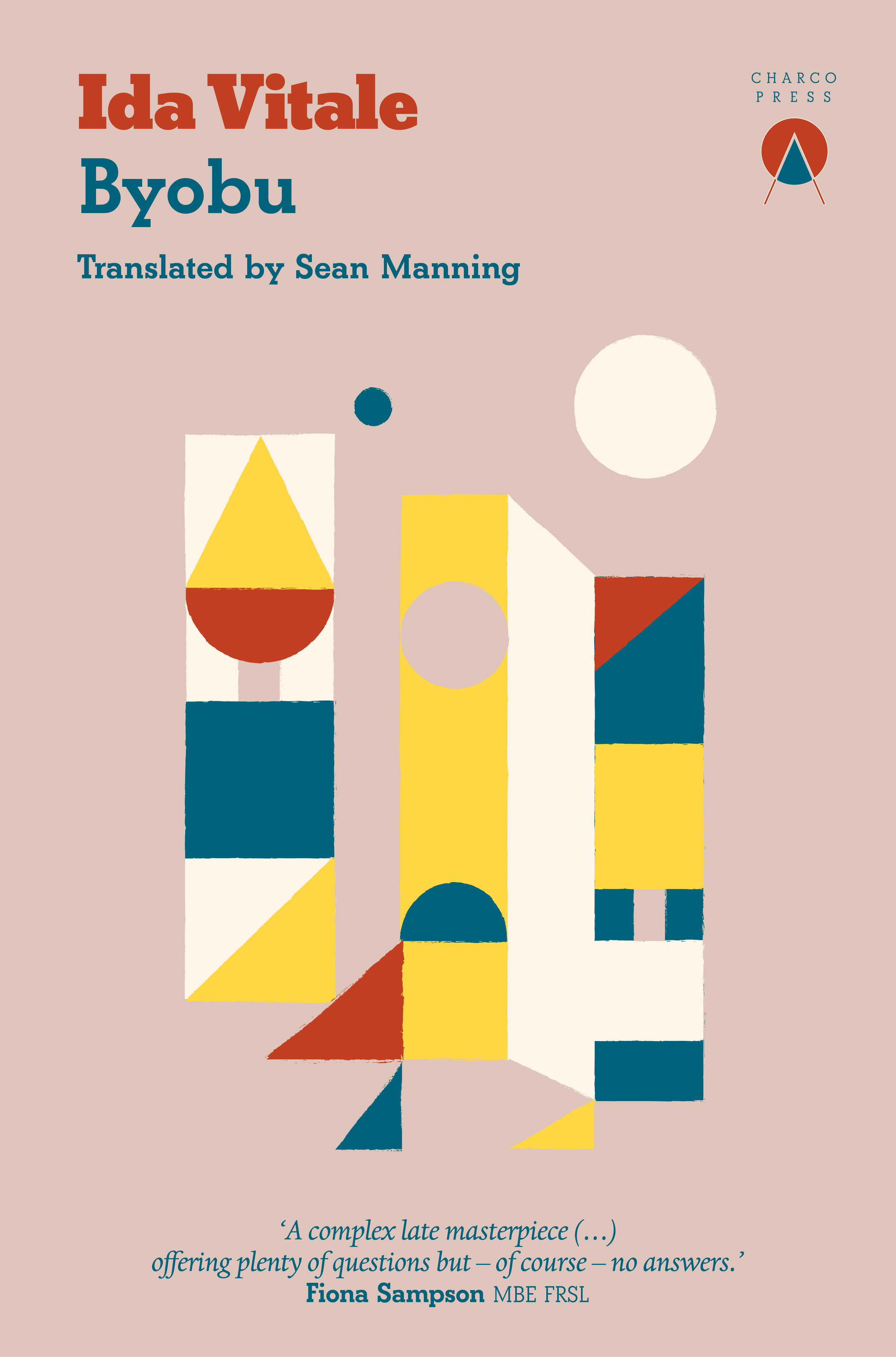

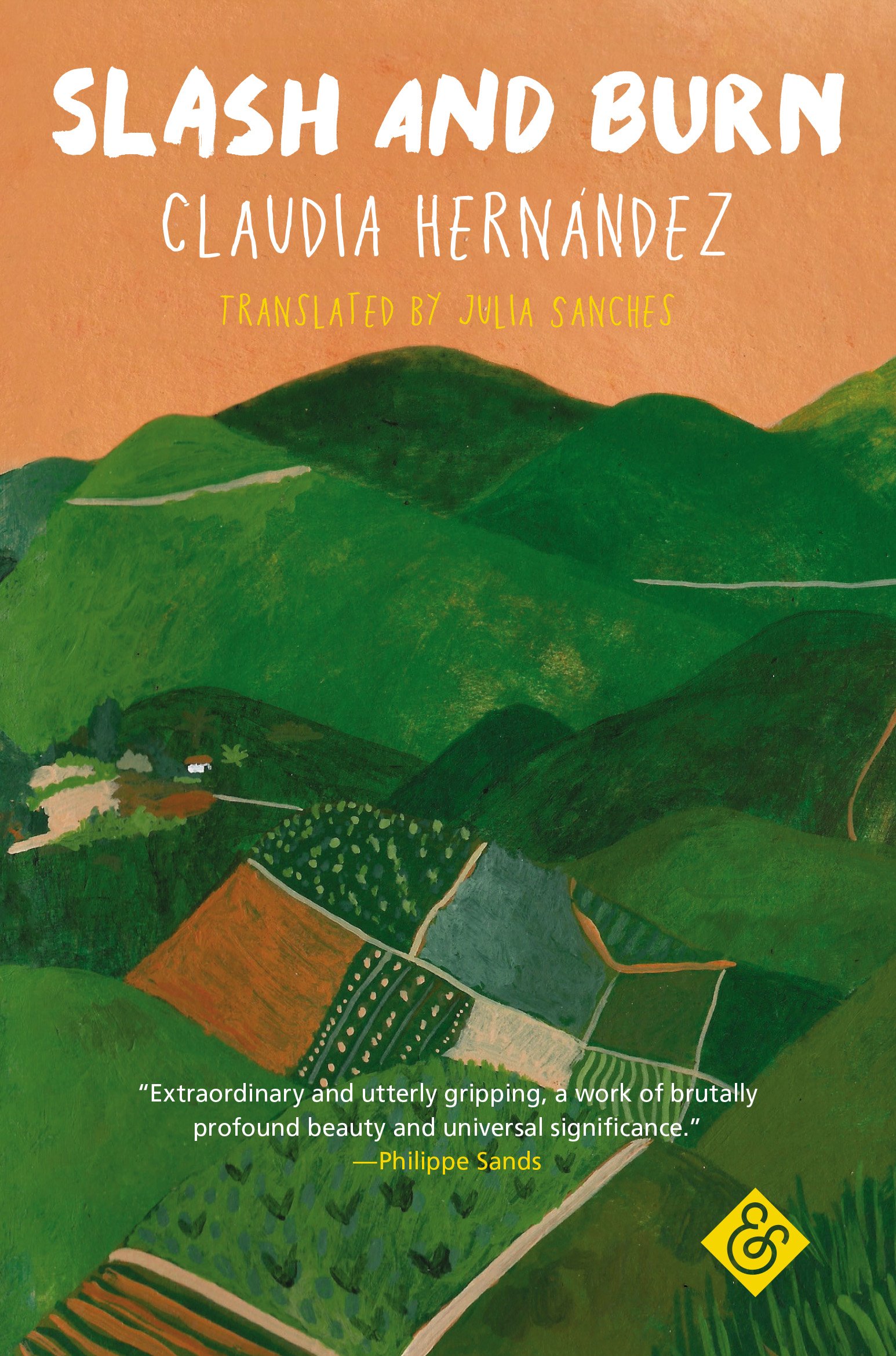

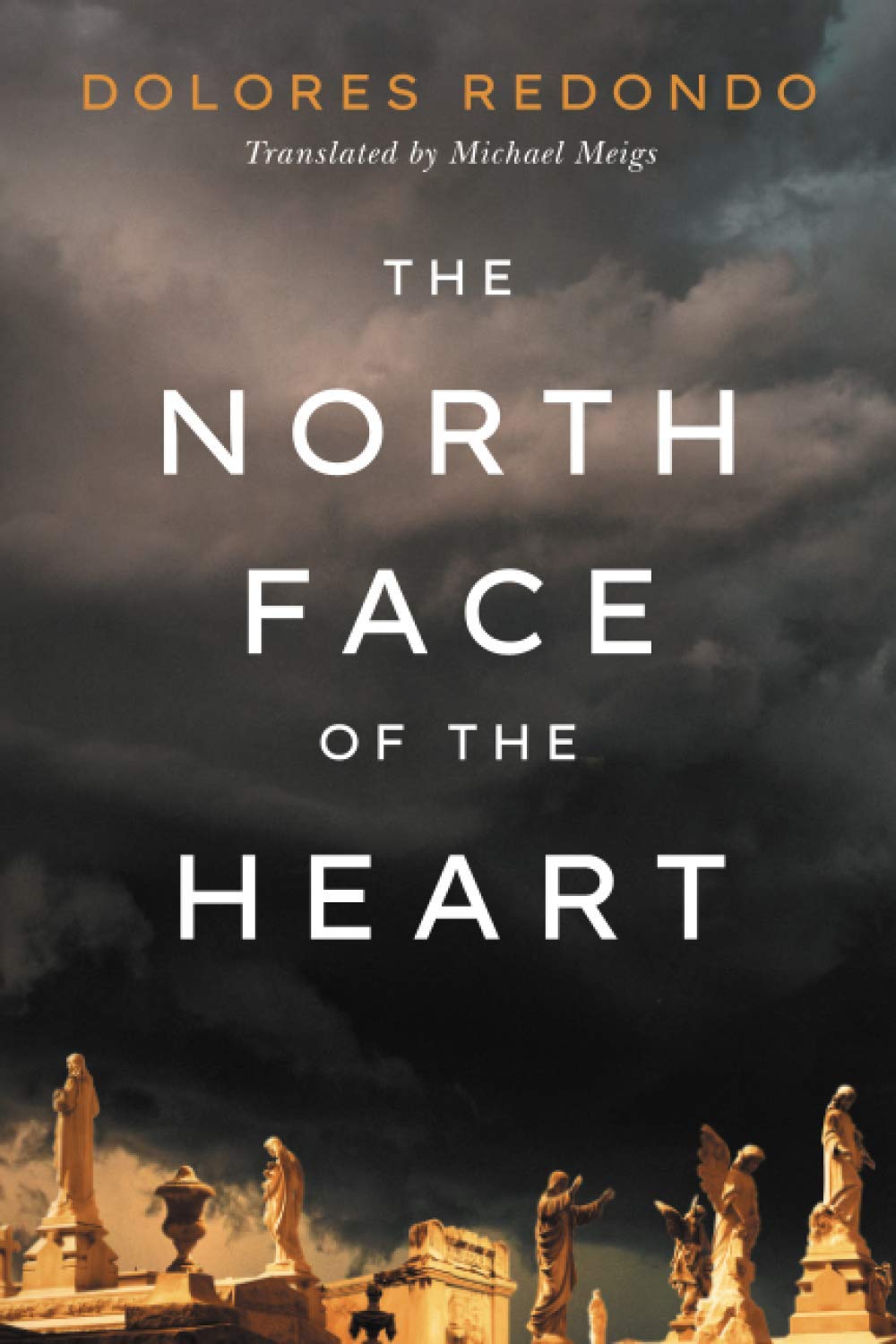
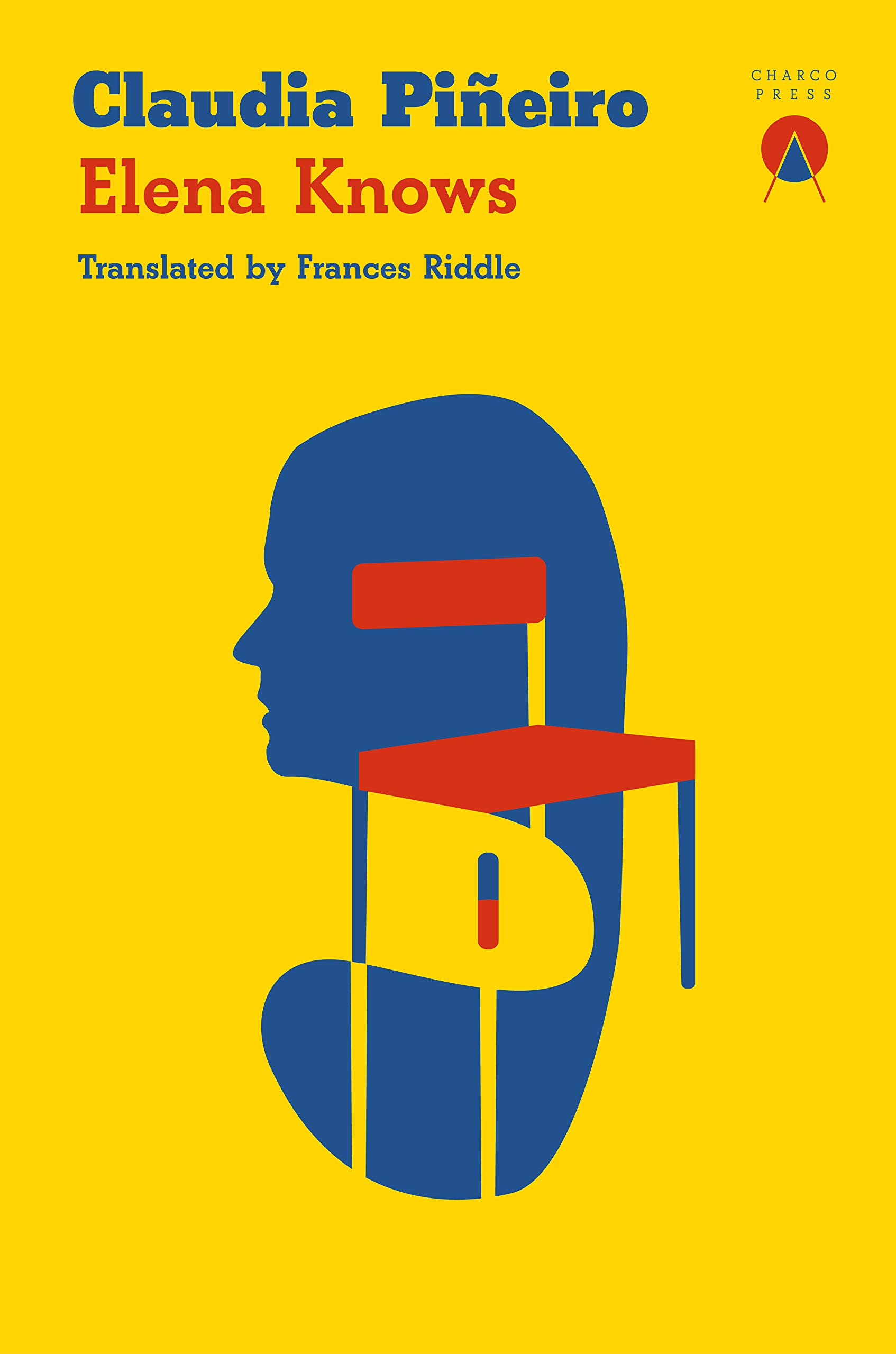
About the Queen Sofía Spanish Institute Translation Prize:
With the aim of elevating awareness and engendering appreciation of Spanish-language literature in the United States, this $10,000 prize was created by the Cultural Committee and Board of Directors of the Queen Sofía Spanish Institute to honor the best English-language translation of a literary work written in Spanish. Formerly a triennial prize, it is now awarded yearly. The Reading Committee for the Queen Sofía Spanish Institute Translation Prize consists of a minimum of three scholars with expertise in Spanish and/or Latin American literature, translation, culture, and/or language. In 2010, the Reading Committee of the Inaugural Queen Sofía Spanish Institute Translation Prize unanimously recommended Edith Grossman to receive the award for her extraordinary translation of Antonio Muñoz Molina’s A Manuscript of Ashes.

